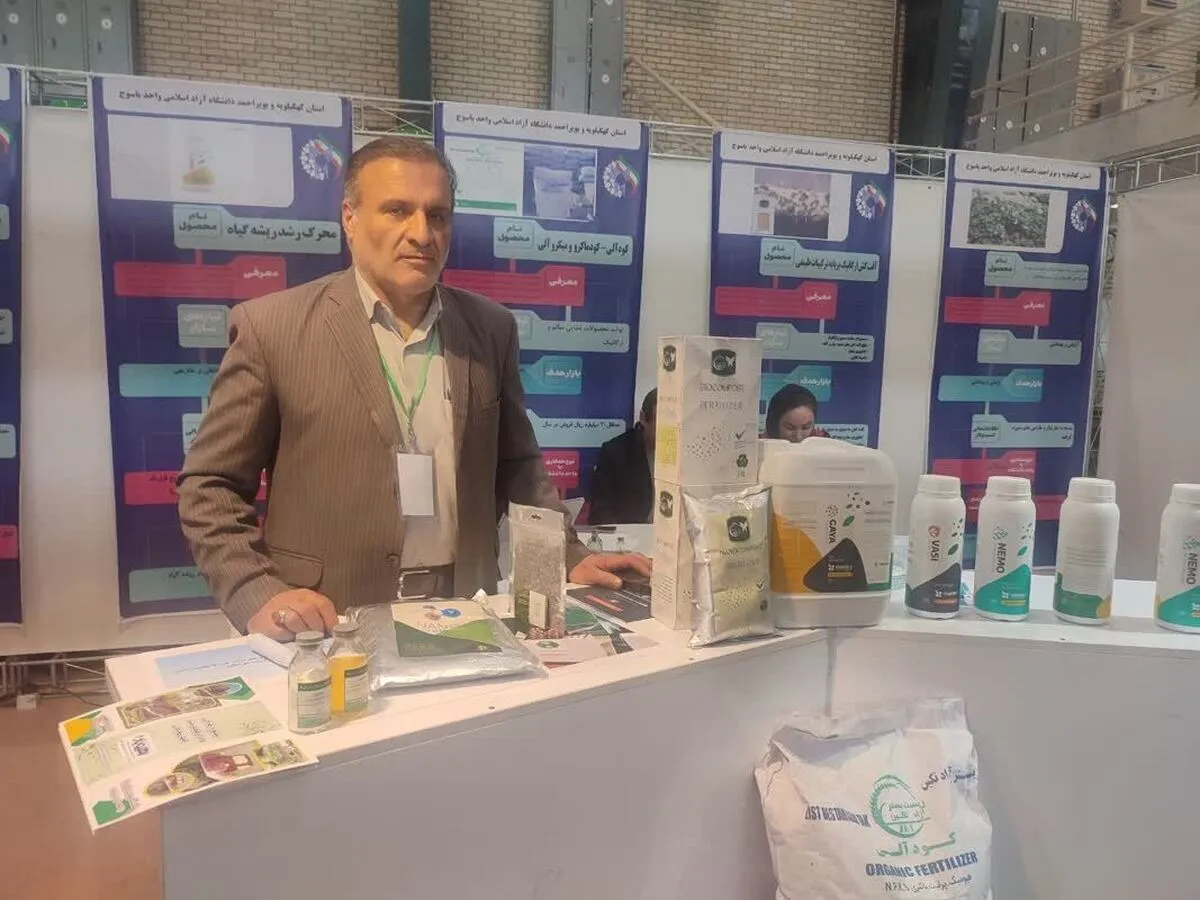Iran-Made Herbal Product Able to Dissolve Kidney Stones Up to 10 mm

“Our company operates in the field of planting medicinal plants and processing herbal medicines, and the these medications are for the treatment of kidney stones, so that it removes kidney stones up to 6 mm with a patented medicine and even treats and dissolves kidney stones up to 10 mm without any side effects like pain and bleeding,” Faramarz Badakhshani, the head of the Islamic Azad University’s Yasouj branch in Kohgilouyeh and Boyer Ahmad province, told ANA.
“The next product is anti-burn ointment which is produced from the hairy spike plant which grows as a bush in the streams of springs and foothills,” he added.
The head of the transplant department of the Iranian Ministry of Health, Treatment and Medical Education said in May that the number of kidney transplants in the last year of 1402 in the Iranian calendar (March 21, 2023-2024) increased by 15% compared to the year before.
Sanaz Dehghani, the head of the transplant department of the Iranian health ministry, told ANA that in 1402 (ended on March 19, 2024), the number of organ donors hit a new record high in the country.
"There were 1,121 organ donors in the country and as many as 4,124 organ donations were registered last year," she went on to say.
She also said that organ donation is done in different areas such as kidney, liver, pancreas, heart, lung and intestine, adding, “The number of kidney transplants in 1402 increased by 15% compared to the year before the Iranian year of1401 (March 21, 2022-2023).”
Moreover, Abdul Samad Hekmat, a urologist and kidney transplant specialist in Afghanistan, said that the first kidney transplants were performed by Iranian specialists in Herat city.
“In 1402, several Afghan specialists received training in nephrology, surgery and anesthesia at Shahid Labafinejad Hospital [in Tehran], and after that they were able to perform kidney transplants in Kabul, the capital of Afghanistan,” Hekmat said.
“Over the past two years, about 700 cases of kidney transplants were performed in the two cities of Herat and Kabul by Afghan specialists,” he added.
Referring to the Iran's technologies’ great achievements in health and medical fields, the Afghan urologist said that 90% of Afghanistan's specialists who work in the field of health and organ transplantation have been trained in Iran.
“Kidney transplant specialists in Afghanistan use Iranian medicines to treat patients,” according to Hekmat, who added, “Lack of medical facilities and tools causes many patients to travel from Afghanistan to Iran to continue their treatment.”
4155/v





















